Building Insurance
Essential Coverage for Owners of Business property!
Owning a commercial property comes with responsibilities, including protecting it from unexpected risks like fire, storm, water damage, or burglary. These events can have serious financial consequences if you are not adequately insured.
A building insurance policy gives you the assurance that your property is always well-protected, allowing you to focus on the continuity of your business.
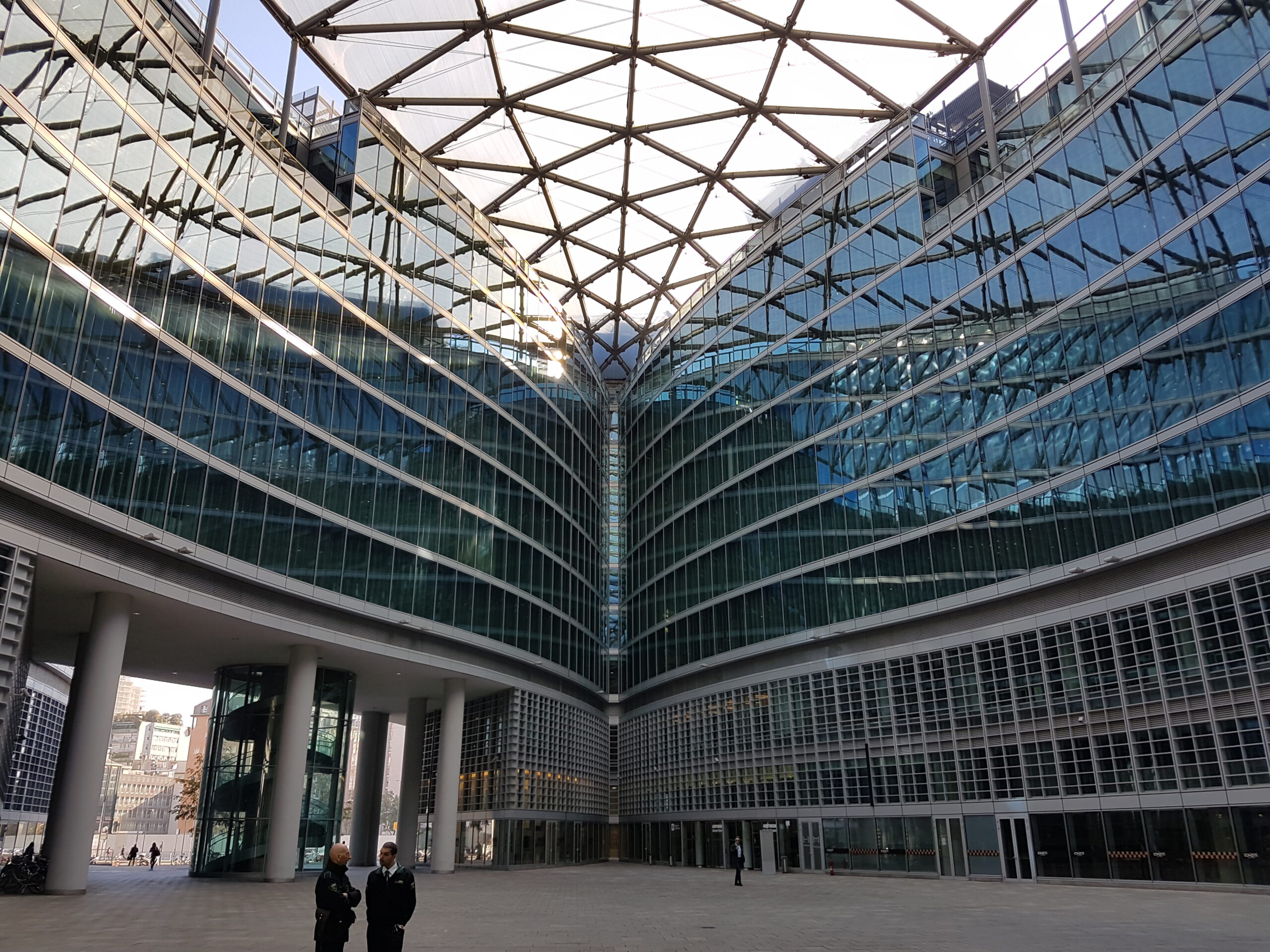
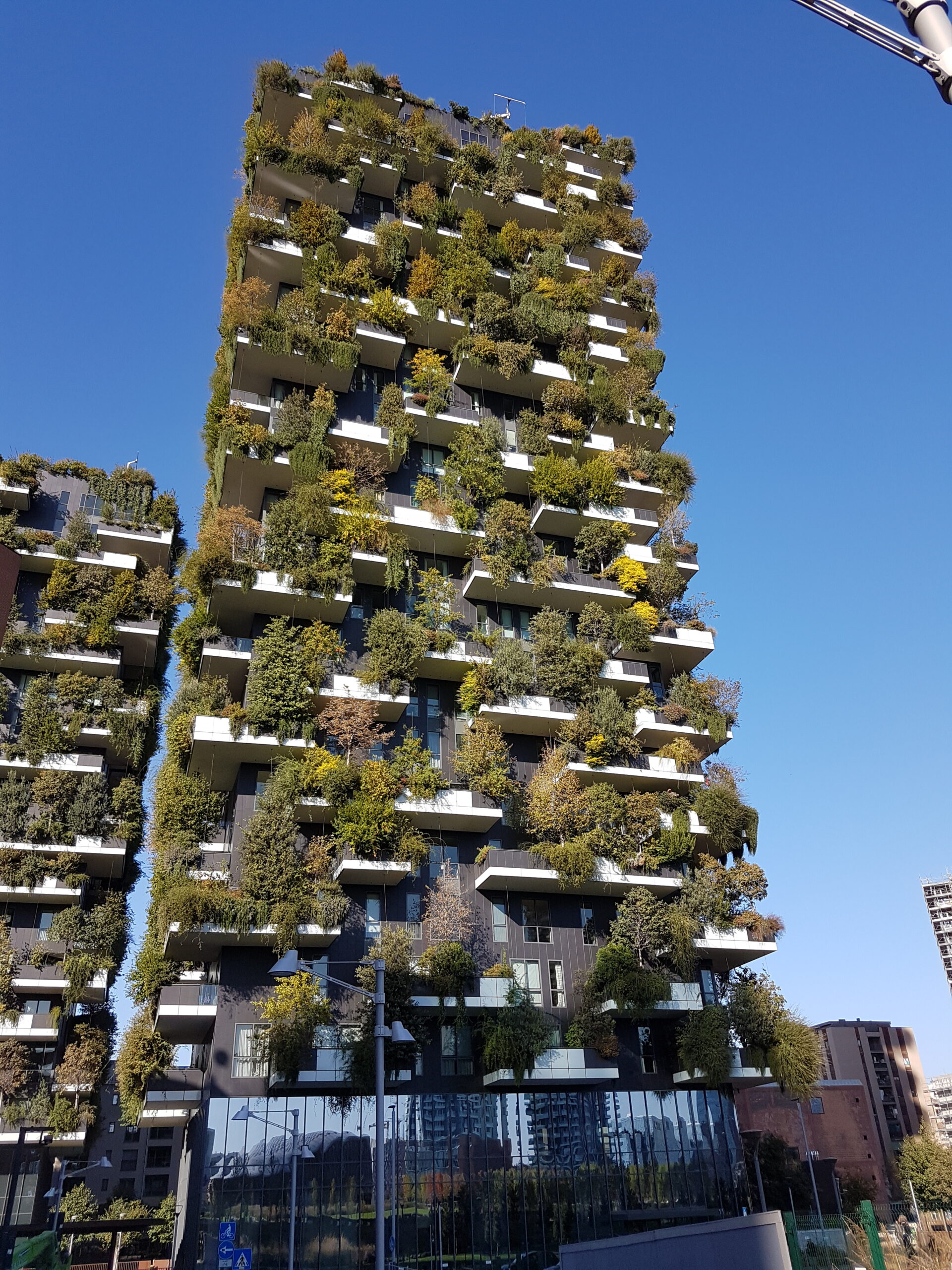
What is Building Insurance?
Building insurance, also known as commercial property insurance, protects business properties against risks, such as fire, storm, burglary, water damage, and vandalism.
It typically covers repairs or replacement costs, including attached fixtures, restoration, soil contamination, as well as damage to the foundation.
The insured amount is adjusted annually based on the construction cost index, ensuring you’re always adequately insured.
What Does Building Insurance Cover?
Building insurance covers damage to your business property. This includes:
- Damage from fire, collision, lightning strikes, and storms
- Water damage, snow pressure, and hail
- Damage to the foundation
- Damage from theft and vandalism
- Damage from burglary or attempted burglary
- Damage from induction, overvoltage, and undervoltage
- Damage to solar panel installations due to fire or hail
- Falling objects, such as trees or cranes
- Damage incurred to prevent further damage
What is Not Covered by Building Insurance?
While building insurance offers extensive coverage, there are some exclusions:
- Damage caused by lack of maintenance
- Intentional damage or gross negligence
- Damage from natural disasters, including flooding
- Theft without signs of forced entry
- Wear and tear or defects in installations and equipment
- Vandalism to the exterior of your building, such as graffiti
- Damage caused by groundwater, water from public sewers, or repair costs for a broken water pipe
- The costs of soil contamination and asbestos removal resulting from the damage
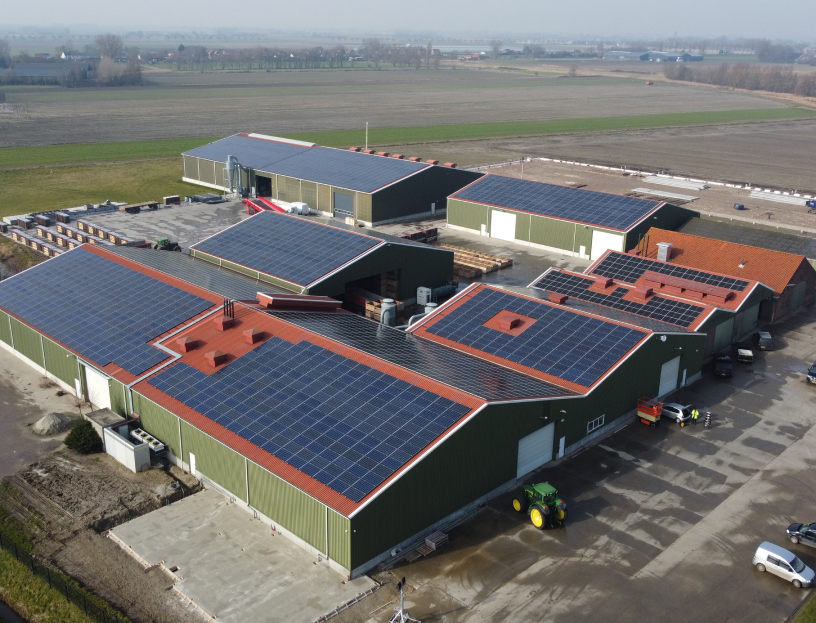
Additional Coverage Options
It’s possible to expand your coverage with options like:
- Glass insurance;
- Natural disaster coverage;
- Inventory insurance: covers the parts not belonging to the building;
- Business interruption insurance: covers the loss of income due to property damage;
- Environmental Damage Insurance: covers the costs of environmental damage caused by events, such as fire or leaks that release hazardous substances into the air, soil, or water
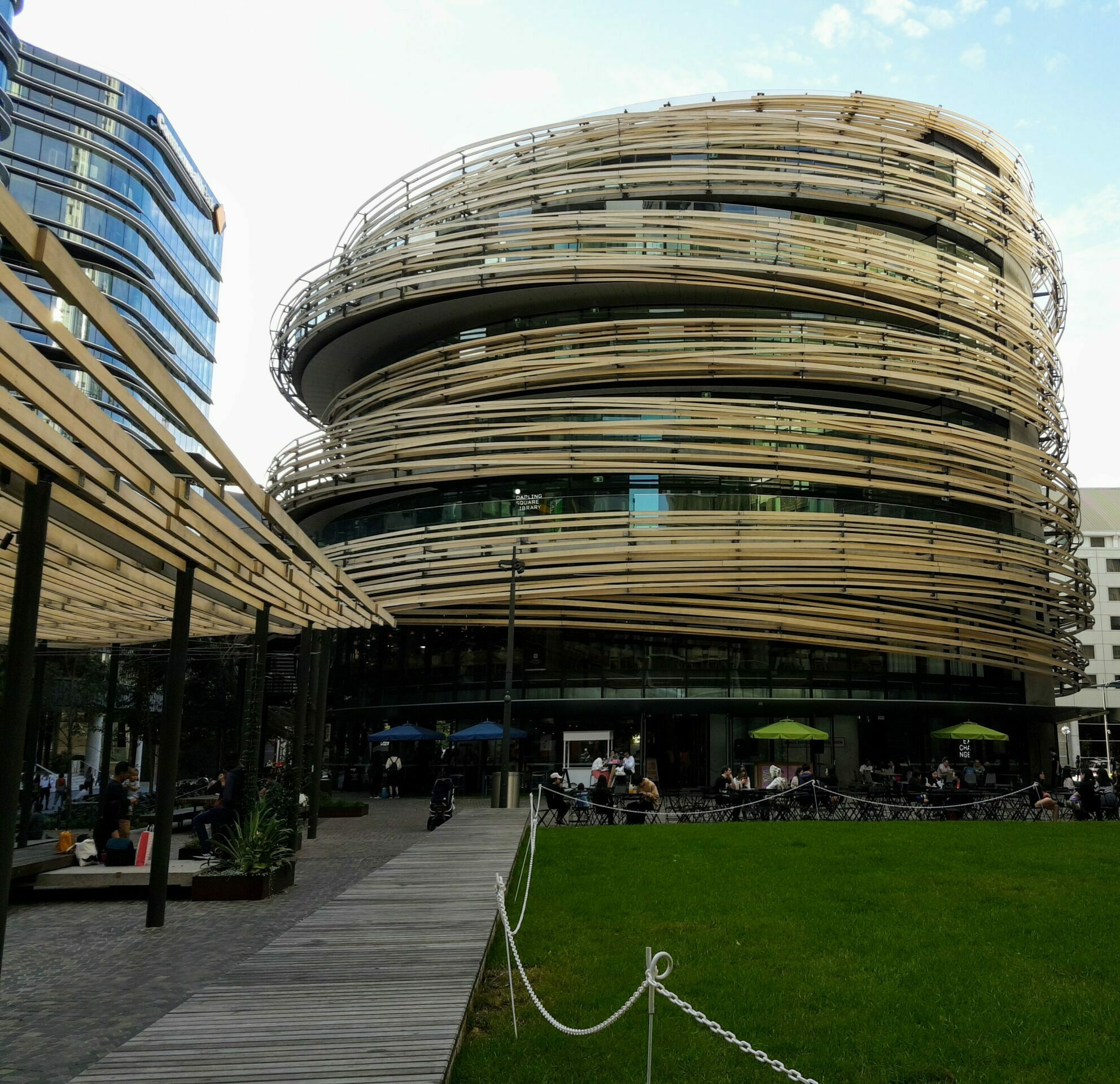
Examples of Building Insurance Claims
Example 1: Fire
An unexpected fire causes significant damage to your property. Repair and reconstruction costs run into the tens of thousands of euros. Your building insurance covers these costs.
Example 2: Storm Damage
A severe storm damages the roof and facade of your property. Thanks to your building insurance, the repair costs are covered.
Example 3: Burglary
After a burglary in which a door is forced open and windows are smashed, your building insurance covers the replacement and repair costs.
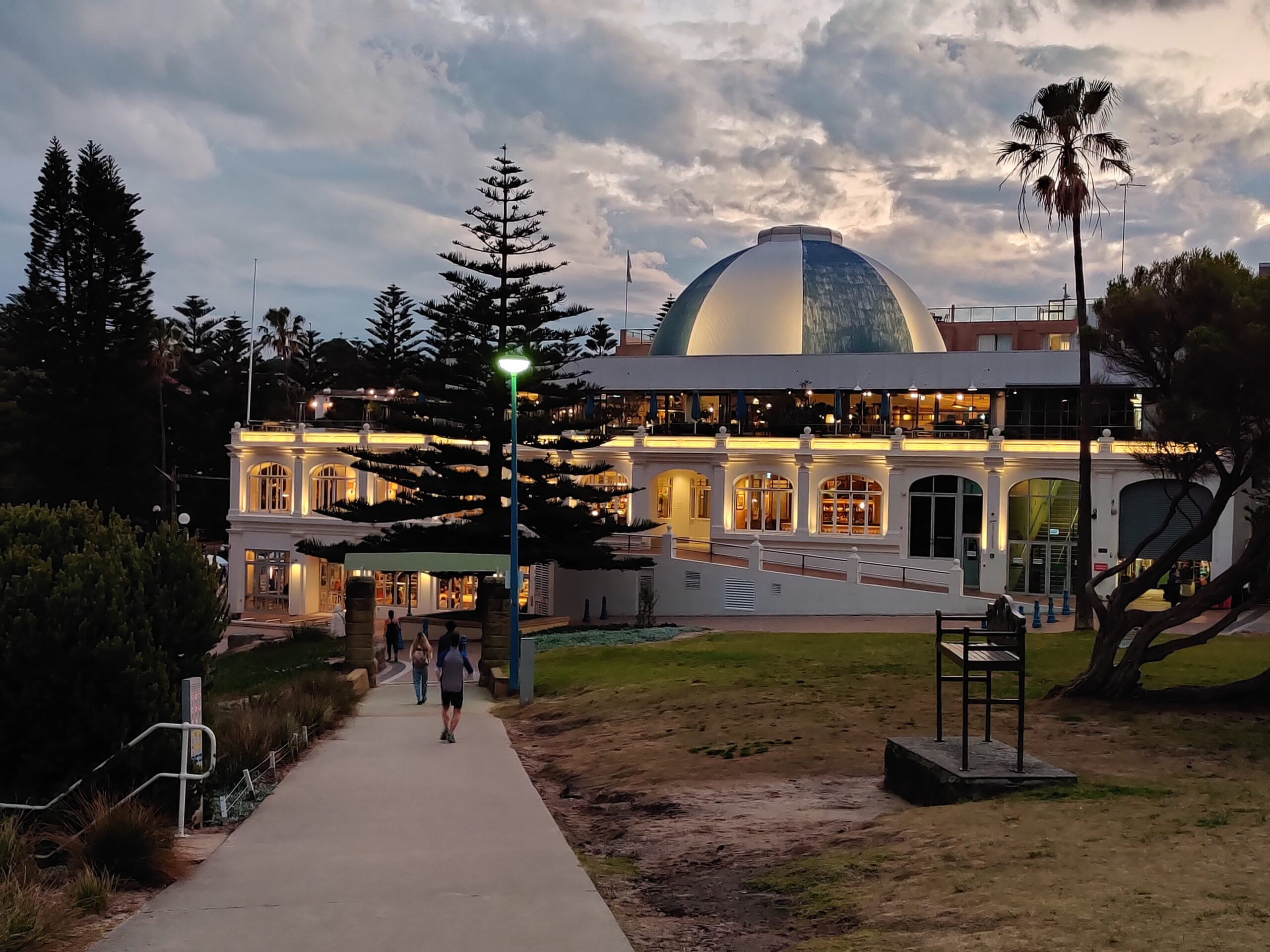
Why Building Insurance?
Building insurance is essential for entrepreneurs who own a commercial property, as it protects them from the financial consequences of damage to their building. Without this insurance, the costs from incidents like fire, storm, or water damage can be substantial, potentially leading to temporary income loss and business disruption.
A building insurance policy ensures these risks are covered, safeguarding business continuity. Most policies automatically adjust the insured amount annually based on the construction cost index, keeping you adequately insured and worry-free from unexpected costs.
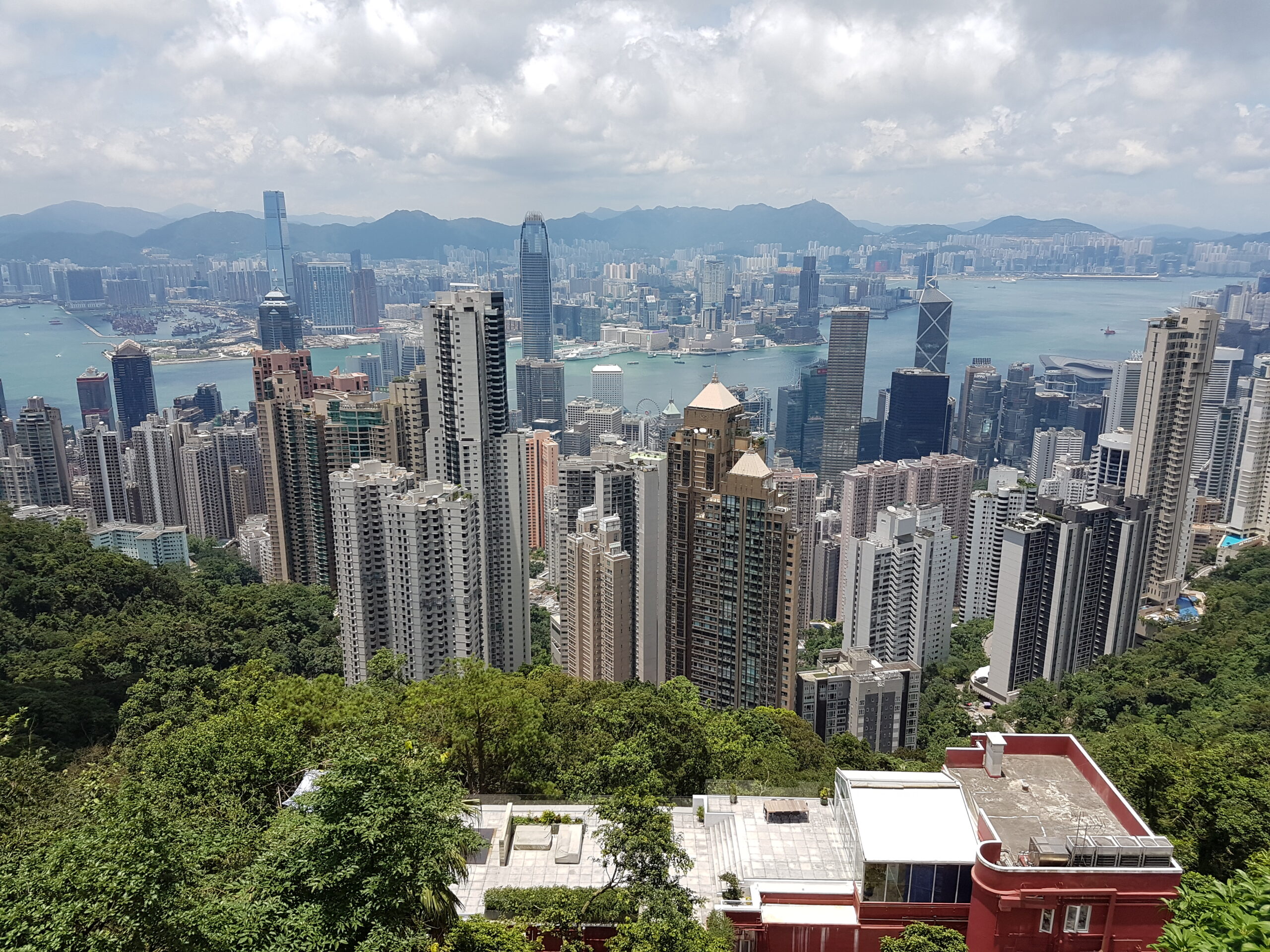
Why Do Insurers Reject Solar Panels on Certain Roofs?
Risks and Safety Tips!
Some insurers impose stricter requirements for installing solar panels on certain types of roofs or refuse to cover them altogether.
This is often due to the increased risk of fire, collapse, and other structural damage associated with solar panel installations.
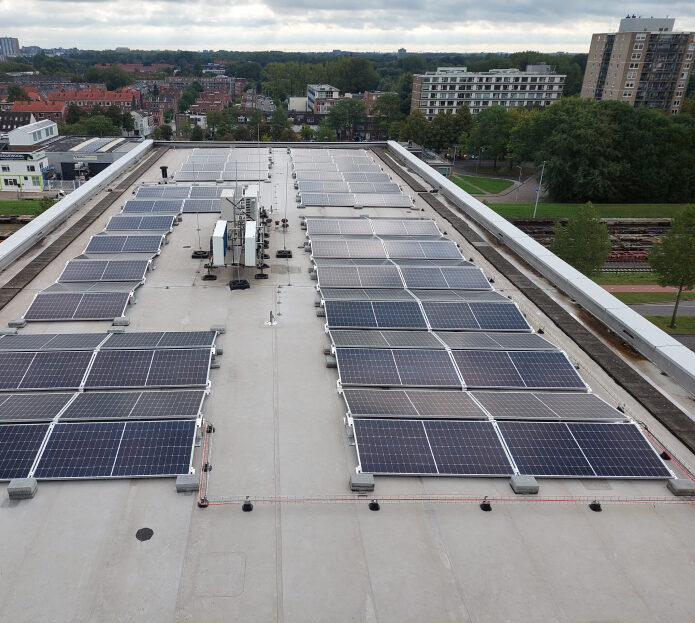
Fire-Safe Solar Panels on Commercial Roofs: Essential Insights
Are you considering installing solar panels on the roof of your commercial property? Download our free whitepaper now and gain instant access to valuable tips and advice.
Click on the name of the whitepaper, fill in your email address, and receive the whitepaper directly in your inbox:
Whitepaper: Fire safety assurances for rooftop PV-installations
Ensuring Fire-Safe PV Installations on Roofs.
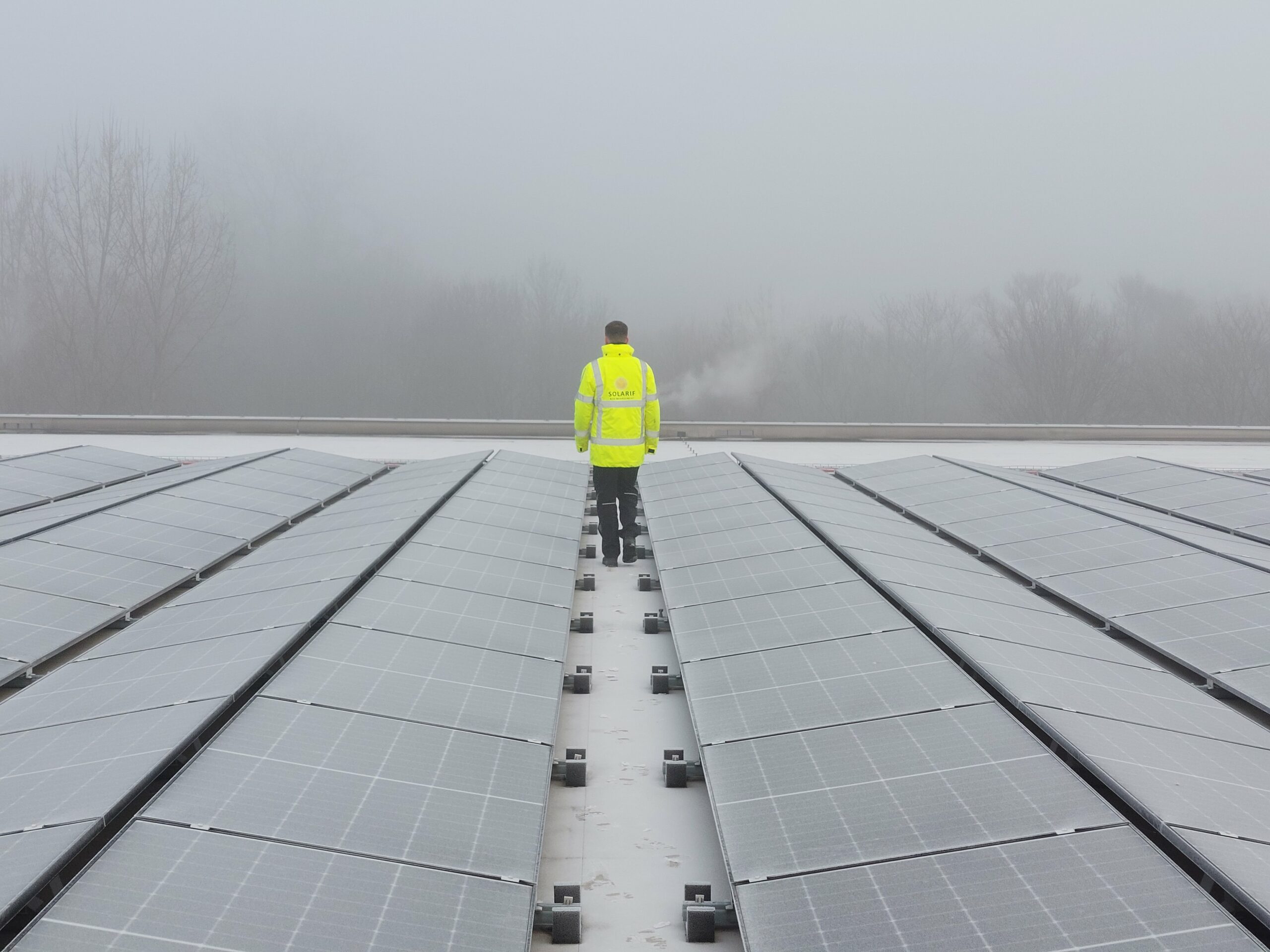
What precautions should I take when installing solar panels on a bitumen roof with flammable insulation materials?
- Consult with Your Insurer
Before installing solar panels on a bitumen roof with flammable insulation materials, it is crucial to contact your insurer. Inform them about the specific composition of your roof, the planned installation work, and the measures you’re taking to reduce the risks. This helps prevent problems with your insurance and possible exclusions.
What Does Building Insurance Cost?
The premium for a building insurance policy depends on several factors, including:
- The rebuild value of the property
- The location of your property
- The construction type of your property
- The activities conducted within the property
- The chosen coverage and any additional insurance options
Generally, the greater the risk, the higher the premium. For an accurate quote, it’s best to request an offer.
How Do I Request a Quote for Building Insurance?
- Contact: Call us or use our contact form.
- Risk Assessment: Schedule an intake meeting to map out your risks and needs.
- Application Form: Complete our application form so that we receive all essential information.
- Quote: We request quotes, compare them, and present the best options.
- Choice: Choose the best quote and finalize your policy.
- Policy: Pay your premium and receive your policy.
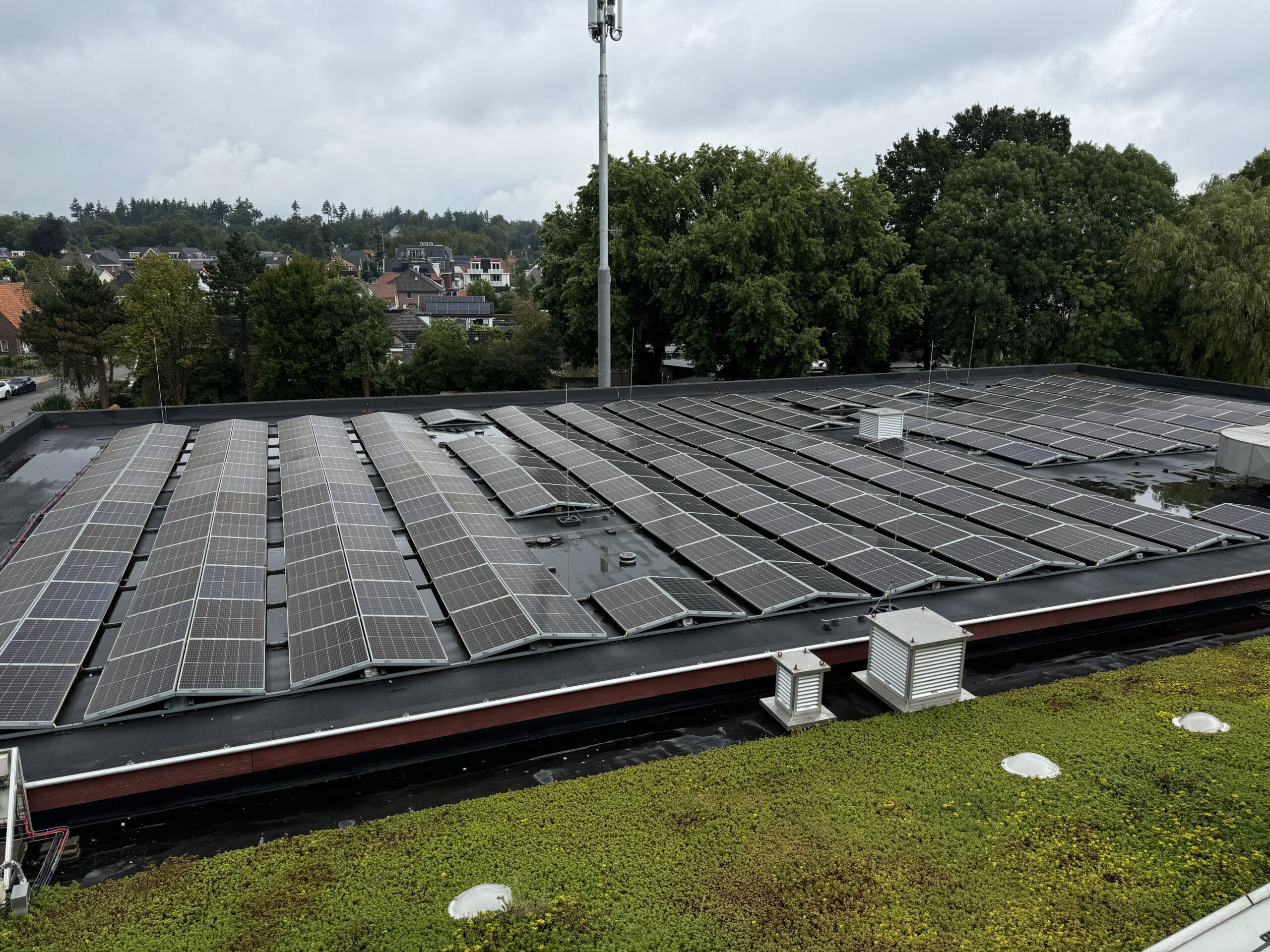
What Other Insurances Do Entrepreneurs Often Take Out Alongside Building Insurance?
In addition to building insurance, entrepreneurs often take out the following insurances:
What to Do After Damage?
- Note the date and time of the damage.
- Report the damage as soon as possible.
- Take measures to limit further damage.
- Keep receipts for the costs of any measures taken.
- Do not dispose of damaged parts until they are released by the insurer.
- Take clear photos of the damage.
To report damage or for more information on the next steps, visit our informative page on reporting damage.

Scope 12 Inspection
Ensure the safety, quality, and insurability of your solar energy installation with a Scope 12 inspection by Solarif Risk Management.
In the Netherlands, a SCIOS Scope 12 inspection is not legally required but most insurers do demand it before providing coverage for commercial PV-installations.
Our SCIOS-certified inspectors thoroughly inspect your PV-installation and provide a clear report that demonstrates your installation is safe and well-functioning.
Choose certainty and expertise with a Scope 12 inspection from Solarif.
What Our Customers Say About Us
“We chose Solarif for their reliability and unique focus on solar energy. Their personal approach and clear advice make them a partner we can count on. It’s clear that Solarif genuinely cares about its customers.”
“At Solarif, we don’t feel like just a number but valued clients. Their professional, personal approach and proactive service have really helped us. They keep our needs at the forefront, which makes a big difference.”
“Solarif offers an excellent combination of expertise and personal involvement. Their quick and effective claims handling after storm damage convinced us that we’re in good hands.”
Stay Updated with Solarif!
Would you like to stay informed about the latest developments in solar, inspections, and insurance for renewable energy?
Receive updates, latest news, and tips!
Frequently Asked Questions
During the vacancy of your building, the coverage of your insurance may change, as an empty property is more prone to damage, such as vandalism, burglary, fire, or water damage. It is important to inform us immediately if your building becomes vacant so that we can assess the situation and advise on any necessary policy adjustments.
In many cases, special conditions or limited coverage apply during vacancies. Sometimes, additional measures are needed, such as disconnecting water and energy supplies or intensifying surveillance, to keep the insurance coverage unchanged. By reporting the situation promptly, we ensure you remain properly insured and minimize unwanted risks.
If the damage is repairable, the repair costs will be reimbursed. If repair is not possible, the reconstruction value will be reimbursed. In exceptional cases, such as when the building was already for sale, the sale value will be reimbursed.
Tenant’s interest includes all modifications, improvements, or expansions made by the tenant at their own expense to a rented building, such as a new kitchen, bathroom, or flooring. These improvements typically cannot be taken with you when moving. They are not covered under the property owner’s building insurance, so you must insure them yourself, for instance, with a contents or inventory insurance policy, or with an additional tenant’s interest insurance.
Yes, solar panels on your commercial property are covered by building insurance, but the coverage is often limited. For example, income loss due to damage is not covered. For more comprehensive coverage of your solar panel installation, consider our Solar Panel All Risks Insurance.
Building insurance is not legally required. However, mortgage lenders often require building insurance as a condition for providing a mortgage to finance your property.




